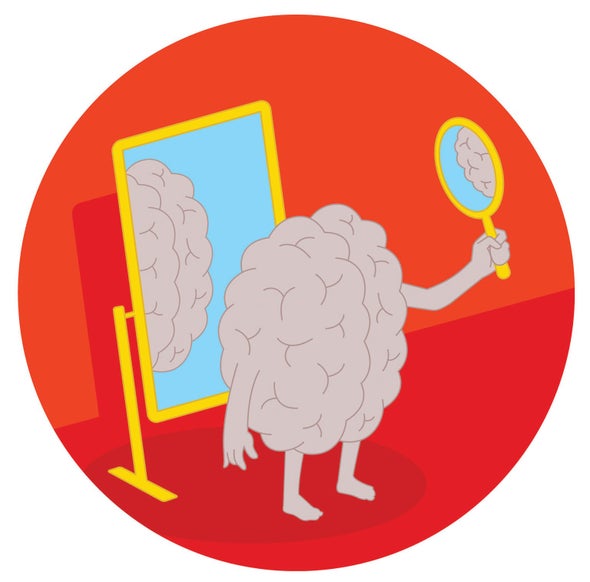Making predictions hinders the brain’s ability to remember the present moment, new research suggests. The hippocampus, a brain structure usually associated with remembering events, also uses experiences to make forecasts (neuroscientists call this “statistical learning”). But scientists writing in the Proceedings of the National Academy of Sciences USA have now demonstrated that the latter function can disrupt the former.
Researchers showed participants a series of photographs on a screen without telling them that some image categories always followed others: mountains always came immediately after beaches, for example. The subjects were intended to subconsciously learn these associations and begin to expect these pairings. Later, the participants were shown the same photos again, mixed in with new examples, and were asked if they had spotted any of them before. They accurately recalled seeing random images at a much better rate than the “predictive” ones (like the beach pictures).
The scientists repeated this process while scanning participants’ brains with functional MRI. Each image category prompted a distinct neural activity pattern, and the patterns for “predictable” categories were seen in the hippocampus when the corresponding predictive category was displayed. Moreover, this effect’s strength in fMRI corresponded inversely with participants’ memory task scores. “The more evidence for prediction we saw, the worse their memory was for those predictive items,” such as a particular beach scene, says study lead author and Yale University cognitive neuroscientist Brynn Sherman. This suggests that predictive images triggered the hippocampus to shift gears toward prediction—and away from encoding a new memory.
The study is among the first to demonstrate how making predictions affects human memory. Scientists previously suspected that the hippocampus had a role in statistical learning but had not known how it interacts with memory formation. “This paper is a really nice demonstration of the trade-off where the hippocampus is doing both these things,” says University of Virginia cognitive neuroscientist Nicole Long, who was not involved in the research.
The team says this compromise occurs because remembering and predicting both use some of the same biological pathways. In the paper, the authors compare it with “using one’s right foot to operate both the brake and gas pedals in a car ... but not both at the same time.” This setup could prevent memory redundancies and thus conserve brainpower, Sherman says: a successful prediction would contain the same information as an actual outcome.
The brain circuitry that makes all this possible still requires further research, Long says. For instance, she wonders how much repetition is needed before the hippocampus shifts from recording to predicting and whether it is possible to train the structure to improve both modes in tandem.

